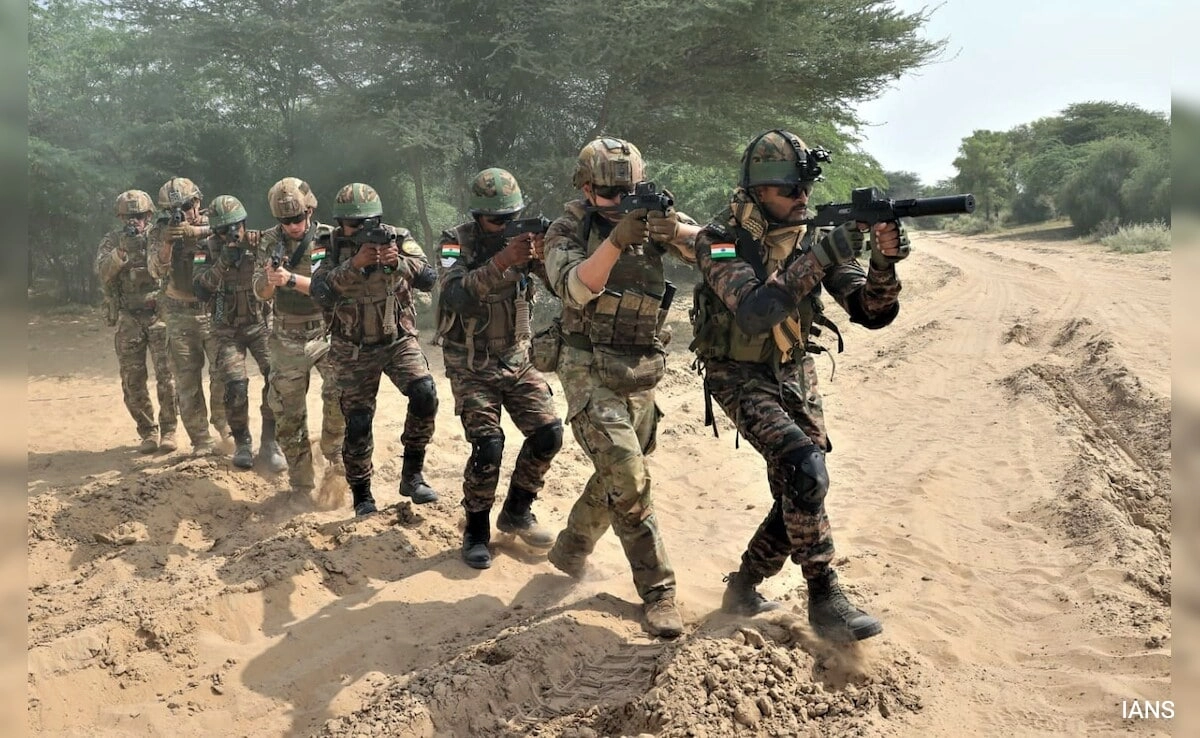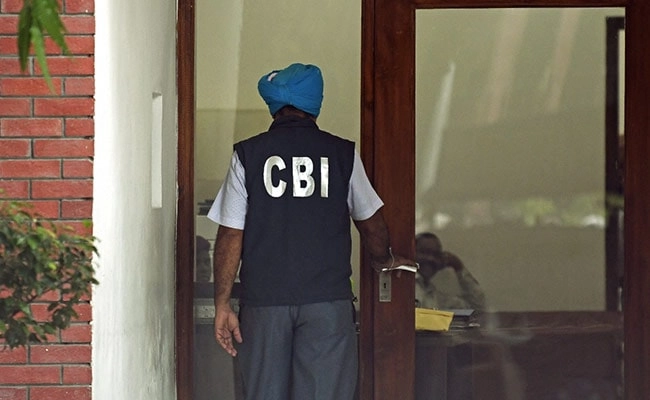Imran Khan, the former Prime Minister of Pakistan, has made headlines recently with his bold claims regarding General Asim Munir, the Chief of Army Staff. In a series of public statements, Khan has expressed his deep concerns about the current state of leadership in the country, particularly focusing on the military’s role in governance. His remarks suggest a growing rift between him and the military establishment, which has traditionally been seen as a powerful player in Pakistani politics. Khan’s assertion that “the way my wife has been treated” serves as a metaphor for his feelings of betrayal and disillusionment with the military’s decisions and actions.
In his discourse, Khan has highlighted the importance of civilian supremacy and the need for a government that truly represents the will of the people. He argues that the military should not interfere in political matters, emphasizing that a healthy democracy relies on the separation of powers. The former Prime Minister’s comments reflect a broader sentiment among many Pakistani citizens who believe that military influence has often undermined democratic institutions. By drawing attention to his personal experiences, Khan seeks to resonate with the public, portraying himself as a victim of political maneuvering and military overreach.
The implications of Khan’s statements are significant, as they may signal a shift in the political landscape of Pakistan. His criticisms could galvanize support among those who have grown weary of military involvement in politics, potentially leading to a renewed push for democratic reforms. However, this confrontation with the military could also pose risks for Khan, as the army has historically been a formidable force in maintaining political stability. As tensions rise, the future of Pakistan’s governance and civil-military relations remains uncertain, with Khan’s claims serving as a pivotal point in this ongoing narrative.
In conclusion, Imran Khan’s remarks about General Asim Munir and the military’s role in politics highlight the complexities of power dynamics in Pakistan. As the former Prime Minister navigates this tumultuous political landscape, his ability to connect with the public and advocate for civilian governance will be crucial. The interplay between Khan and the military could reshape the future trajectory of the country, as both sides grapple with the implications of these claims and the quest for a more democratic Pakistan.




